From original bassist with Fleetwood Mac to signing Duran Duran, City’s Music Business Management tutor, David Ambrose, has had a stellar career. We caught up with him to find out more!
You have had a fascinating life as both a musician and record company executive. When did you first become interested in music?
David Ambrose (DA) I was studying Greek at school when I first heard Elvis Presley. It was a wonderful noise. Later my parents asked which instrument I wanted to play and I picked the bass guitar. I started playing the blues. When I left school I went to Byam Shaw Art School (now part of St. Martin’s) where I met Ray Davies (of The Kinks) and a guy called Pete Barden. Pete asked if I wanted to form a band. Rod Stewart was the singer and Mick Fleetwood was also in the band. We were called The Shotgun Express and we signed to EMI. Peter Green joined too and we recorded in Abbey Road Studio 2. We even had a minor hit with a song called Flamingo. I then left the band and joined the Jeff Beck group with Rod Stewart and Ronnie Wood. After that I toured extensively with Cat Stevens. And then, in 1965, Mick Fleetwood asked if I wanted to join a new band, with Peter Green and Jeremy Spencer. It was called Fleetwood Mac. I played with them for a bit but I left soon after for difficult financial reasons. It’s a big regret of mine. After that I had some time with Arthur Brown writing some of the Galactic Zoo Dossier and a short time with King Crimson.
Why did you decide to move away from playing music to the business side of music?
DA I did lots of touring with various musicians but, ultimately, I felt I wasn’t a good enough musician to be playing with some of the people I was playing with. I’d also had enough of Prog Rock! I began by starting a picture company, which did very well and enabled me to go and work for EMI. Being a musician also helped.
How did you get into the industry?
DA My dad organised an interview for me at EMI. My father was a formidable figure—Emeritus Professor of Bio Physics, and also a religious lay preacher. I landed the job at EMI in music publishing and was put in a room without windows on Denmark Street. I even had to bring my own tape recorder. But it went well. I had a good relationship with Ian McClintock, who was the A&R man there, and I was soon promoted to catalogue UK publishing.
I worked with Terry Slater and together we signed The Vapours, Tom Robinson, Kate Bush, ACDC, and Paul Young. Later on I made friends with Malcolm McClaren and signed the Sex Pistols. But I got into trouble for that as the Sex Pistols weren’t seen as a band EMI wanted to be associated with. They demoted me and I lost my department and had to climb the greasy pole for the next two years. Luckily, I hit gold when I signed Dexy’s Midnight Runners. I then went over to EMI records with Terry Slater, where we were tasked with sorting things out. We dumped a few acts and signed some big ones, the biggest being Duran Duran. I went to see them play in Birmingham and I just knew. They were the real deal. I later became the Managing Director for MCA records, now Universal, where I signed Transvision Vamp, amongst other acts.

Bass Line
What has been the most memorable part of your career?
DA Being in a sixties band. And being in Madison Square Gardens with Duran Duran, with thousands of screaming fans, when a record executive turned to me and said ‘These guys are the next Beatles.’ That was something.
What would you differently if you could do it all over again?
DA My only regret is not staying with Fleetwood Mac
How has the industry changed since you first started?
DA The internet. It’s much harder for new acts to break through. They have to tour like nuts to make a fan base. Artists like Adele and Ed Sheeran make money from downloads because they have such a strong fan base. I think the whole royalty rates needs a restructure for new bands.
What advice do you have for anyone wanting to break into the industry now?

David’s memoir, How to be a Rock Star
DA If you’re interested in music publishing or A&R, get yourself down to venues like the Dublin Castle or the latest trendy clubs. Get to know the fraternity, network. You just might find there’s a job going and you get a break. There are also graduate training schemes it’s worth keeping an eye out for. If you want to get into marketing, spend time as a runner in an ad agency.
And finally, you have written a memoir about your life in music. What was the experience of writing it like?
DA I’d never written before but a friend thought I had a story. I wrote the book with Lesley Ann Jones. I told her stories and she wrote them down and shaped them. I really enjoyed the experience. We’d meet up in places like the Chelsea Arts Club or the BFI and I’d talk over my time in the industry.
Thank you so much, David.
For anyone interested in reading more about David’s fascinating life, his memoir is available HERE.
David’s next Music Business short course will run at City from January 2023. Click HERE to register your interest.



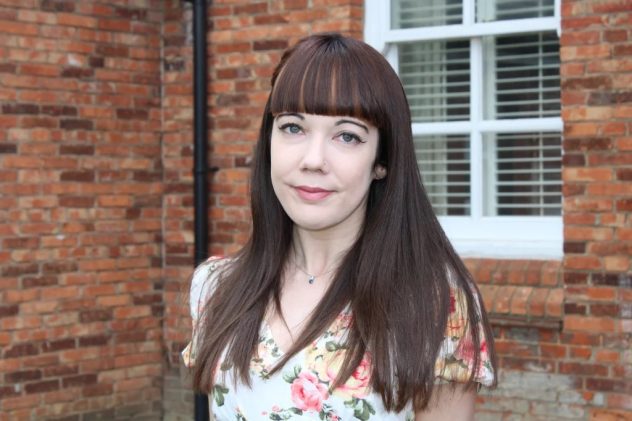






 f our emotions we are the more we can connect with others.
f our emotions we are the more we can connect with others.
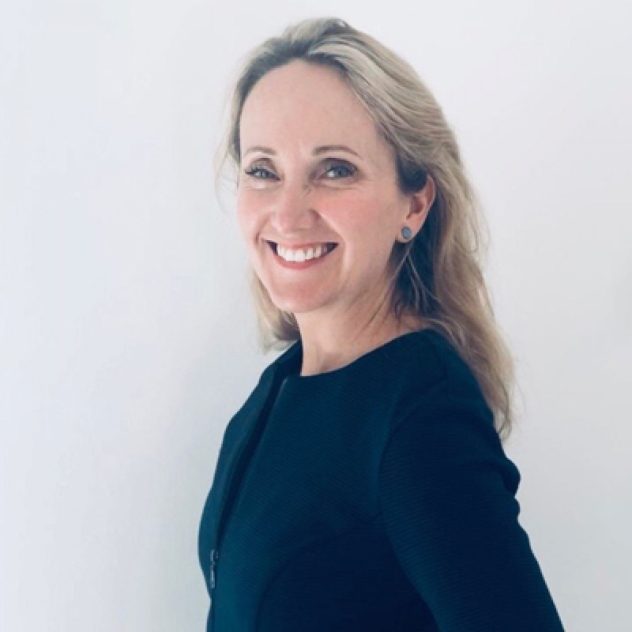









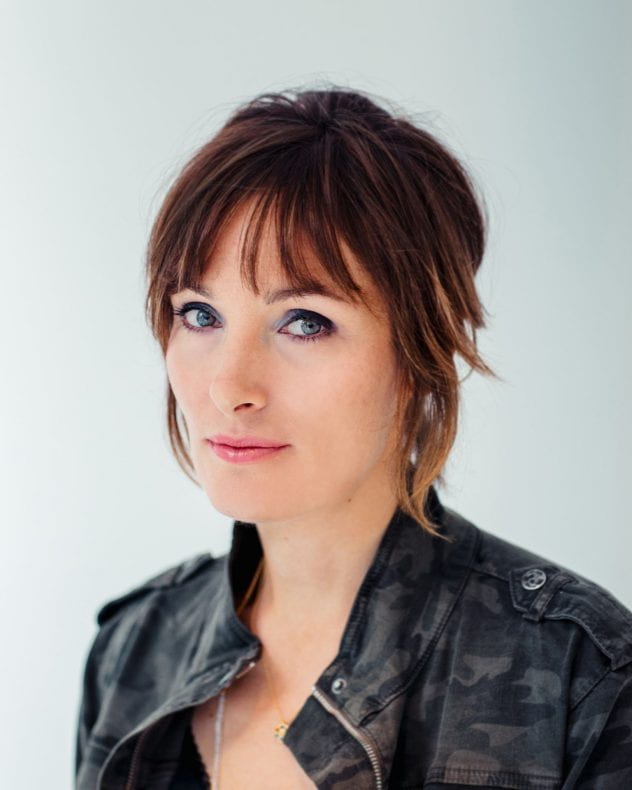



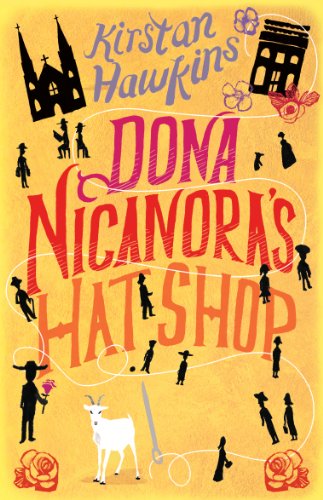
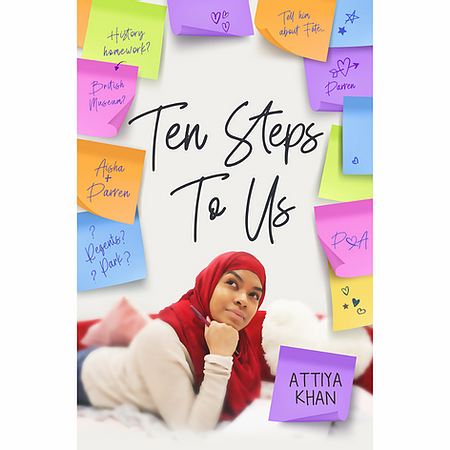
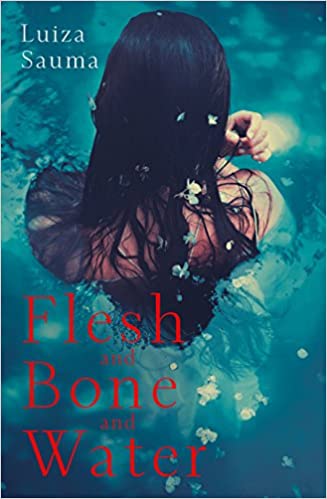
Recent Comments